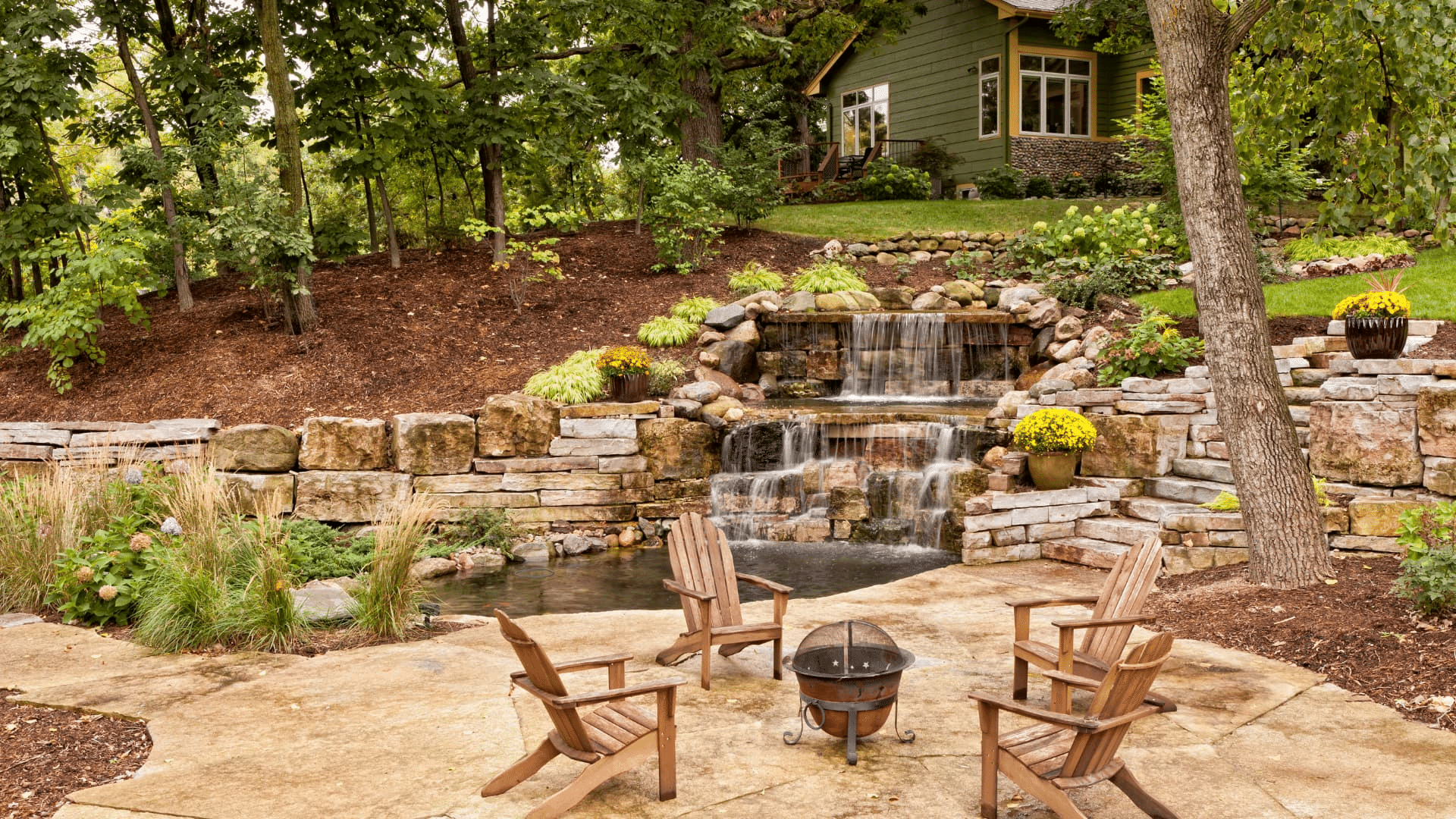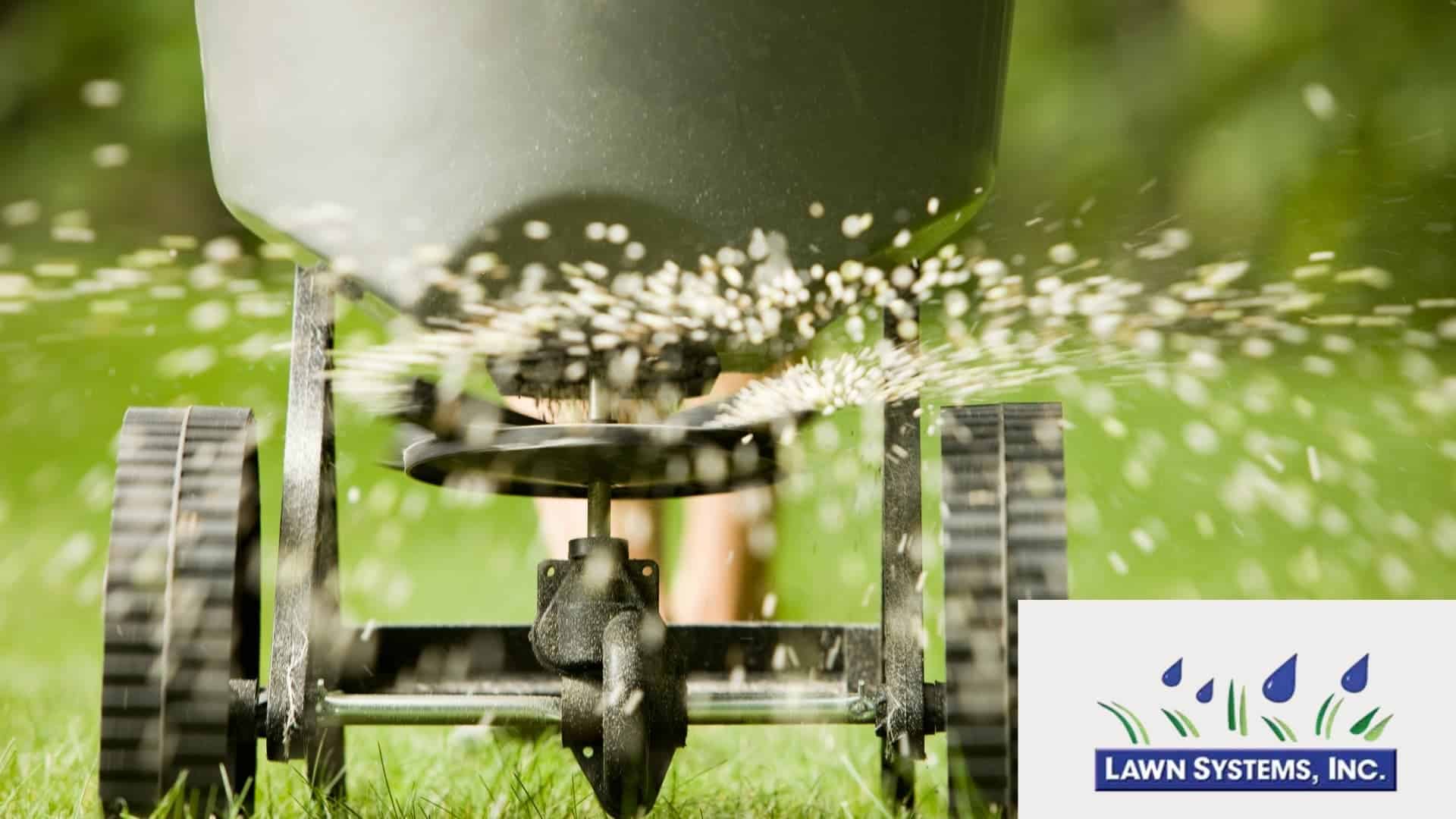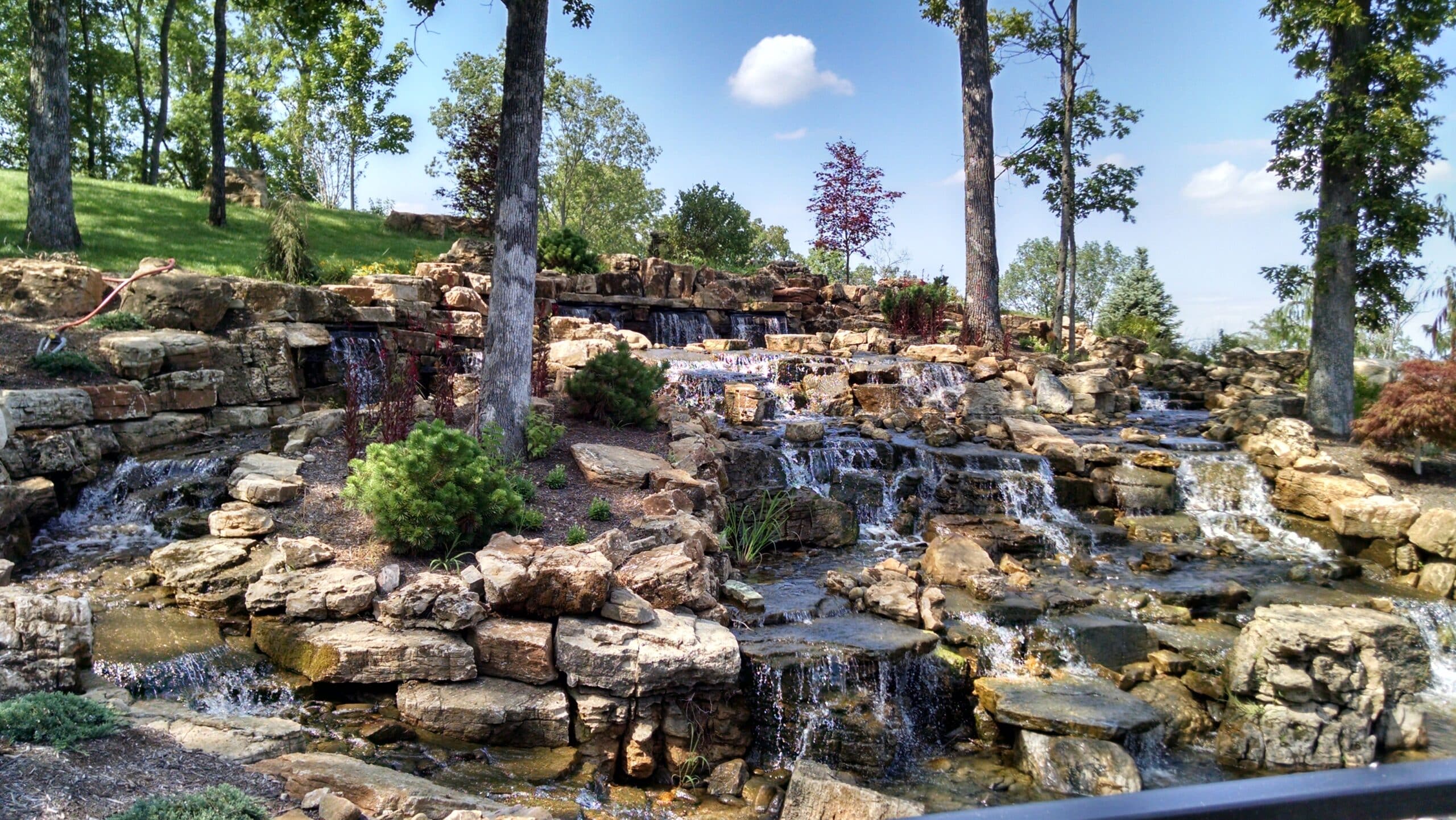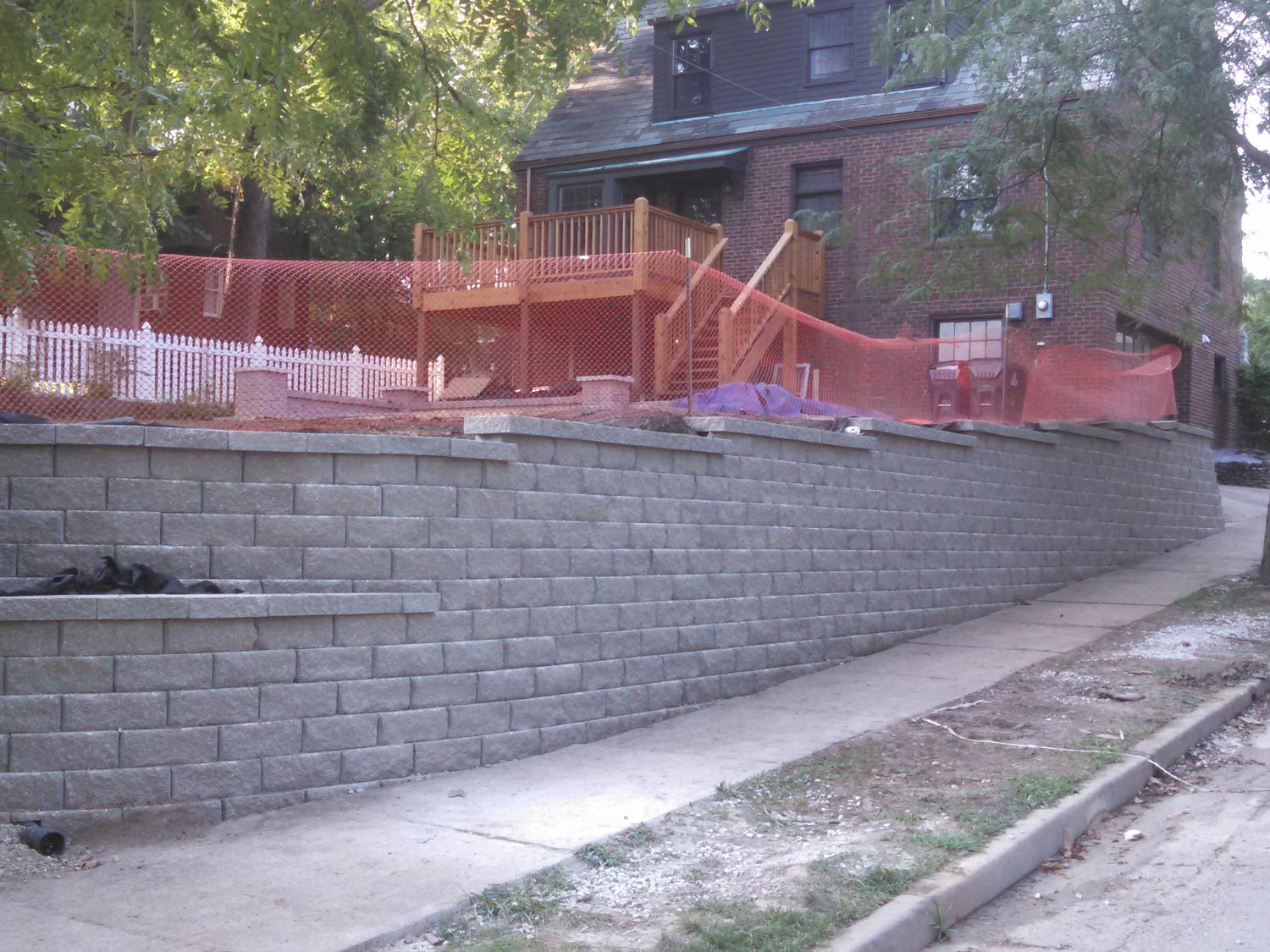As the winter chill sets in, it’s easy to forget about the beauty of our outdoor spaces. But, savvy homeowners know that winter is the perfect time to plan for a stunning spring landscape. By taking the time to prepare now, you’ll be rewarded with a lush, vibrant outdoor oasis that will be the envy of the neighborhood come spring.
Why Plan in Winter?
There are several reasons why planning your landscaping in winter makes sense. For one, it allows you to take advantage of the slower pace of the season to assess your outdoor space, identify areas for improvement, and make informed decisions about your design.
Assessing Your Outdoor Space
Before you start planning, take some time to assess your outdoor space. Walk around your property and make note of the following:
- What do you like about your current landscape?
- What do you dislike?
- Are there any areas that are prone to erosion or waterlogging?
- Are there any existing features, such as trees or gardens, that you want to incorporate into your new design?
- Are there any areas that receive full sun, partial shade, or full shade?
Setting Goals and Priorities
Once you have a sense of your outdoor space, it’s time to set some goals and priorities for your landscaping project.
Ask yourself:
- What do you want to achieve with your new landscape? Do you want to create a functional outdoor living space, or simply enhance the aesthetic appeal of your property?
- What is your budget for the project?
- Are there any specific features or elements you want to include, such as a patio, garden, or water feature?
- Are there any functional considerations, such as drainage or accessibility, that need to be addressed?
Designing Your Dream Landscape
With your goals and priorities in mind, it’s time to start designing your dream landscape. Lawn Systems, Inc., can assist you with design elements and features that will highlight the natural flow of the landscape of your yard, here are a few ideas to keep in mind:
- Consider the style and architecture of your home, as well as the surrounding neighborhood, when selecting plants, materials, and features.
- Think about the flow and functionality of your outdoor space. How will you move through the space, and what activities will you want to do there?
- Don’t forget about the importance of drainage and irrigation. Make sure your design takes into account the water needs of your plants and the potential for waterlogging or erosion.
Choosing the Right Plants
One of the most critical components of your landscaping design is the selection of plants. Here are some tips for choosing the right plants for your spring installation:
- Consider the climate and soil conditions in your area, as well as the amount of sunlight and shade your plants will receive.
- Select plants that are disease-resistant and require minimal maintenance.
- Think about the color palette and texture you want to achieve in your landscape. Do you want a bold, vibrant look, or a more subtle, natural aesthetic?
- Don’t forget about the importance of native plants. These plants are well-suited to your local climate and can help support local ecosystems.
Budgeting and Planning for Installation
Once you have a solid design in place, it’s time to start thinking about budgeting and planning for installation. Here are some tips to keep in mind:
- Consider the cost of materials, labor, and any necessary permits or inspections.
- Plan for contingencies, such as unexpected weather delays or changes to your design.
- Lawn Systems, Inc., can help you with scheduling installation that benefits both your schedule and ours.
Planning for landscaping in winter may seem counterintuitive, but it’s the perfect time to prepare for a stunning spring installation. By taking the time to assess your outdoor space, set goals and priorities, design your dream landscape, choose the right plants, and budget and plan for installation, you’ll be well on your way to creating an outdoor oasis that will bring you joy for years to come. Start browsing online for inspiration, or simply take a walk around your property to start envisioning the possibilities. With a little planning and preparation, your dream landscape can become a reality with the help of Lawn Systems, Inc!
Remember to look to our professional line of services to keep your home and business lawn and landscaping looking great and with our help – maintenance free! Our services include: Sprinkler Systems, Landscaping, Lighting, Water Drainage Solutions, Outdoor Living Concepts, Water Features, Fertilization – Take a look at our gallery and read more about lawn services on our blog!
We serve the St. Louis community and the surrounding cities: Ballwin, Clayton, Fenton, Chesterfield, Ladue, Kirkwood, St. Charles, Lake St. Louis, Webster Groves and our surrounding area, call us today!








